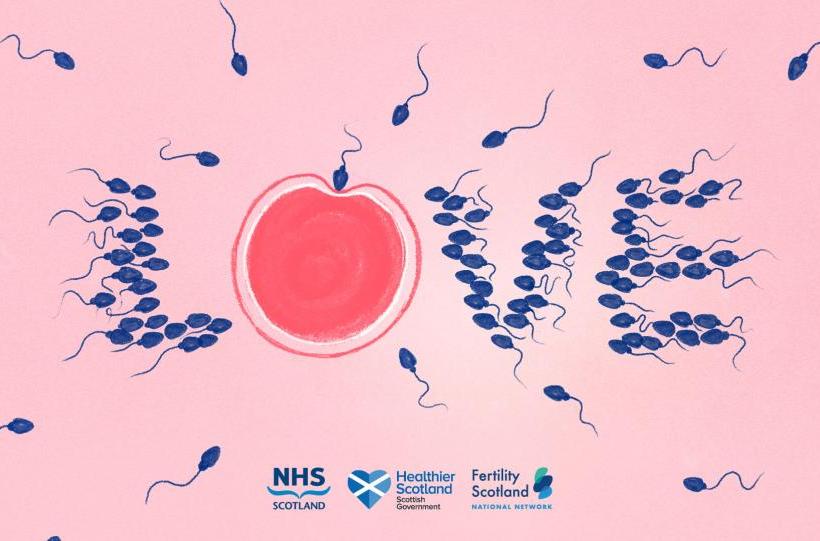A bright pink box fills my screen; soon it’s filled with blue cartoon sperm swimming towards a large, wobbling egg, where they congregate to spell the word ‘joy’. Alongside it is a message, which reads: ‘By becoming an egg or sperm donor, you could give the joy of starting a family to more than 200 people in Scotland, who need help becoming a family.’
Already a subscriber? Log in
Subscribe for just $2 a week
Try a month of The Spectator Australia absolutely free and without commitment. Not only that but – if you choose to continue – you’ll pay just $2 a week for your first year.
- Unlimited access to spectator.com.au and app
- The weekly edition on the Spectator Australia app
- Spectator podcasts and newsletters
- Full access to spectator.co.uk
Or




















Comments
Don't miss out
Join the conversation with other Spectator Australia readers. Subscribe to leave a comment.
SUBSCRIBEAlready a subscriber? Log in